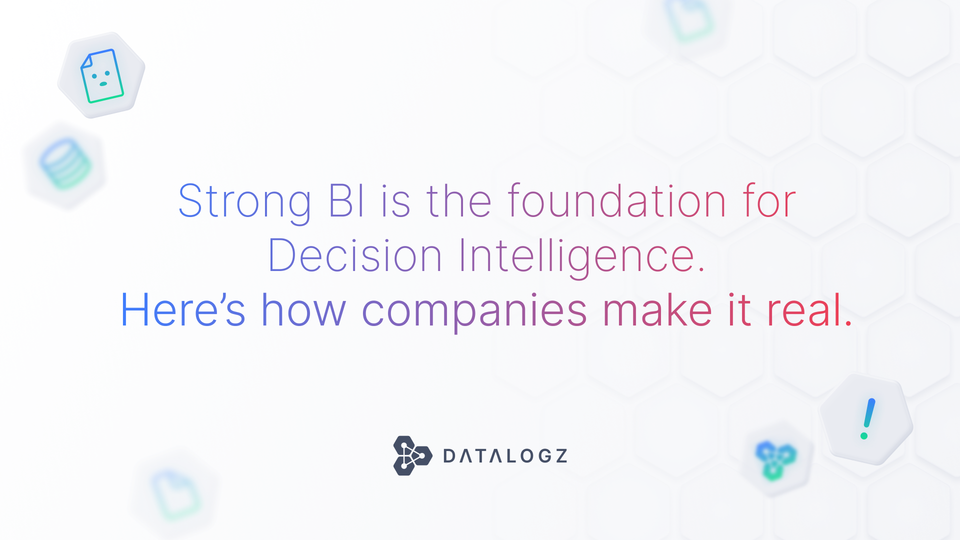Role of BI Ops in Data Quality Improvement
BI Ops can ensure that the organization makes informed decisions based on accurate and reliable data.

Data quality is a critical factor in the success of any business intelligence (BI) system. High-quality data ensures that organizations make informed decisions based on accurate and reliable information. BI systems that rely on poor-quality data can result in incorrect or incomplete analysis, leading to poor decision-making, which can ultimately harm an organization's bottom line. Therefore, it's crucial to have a strong data quality improvement process in place, which includes the involvement of BI Operations (BI Ops) teams.
BI Ops Role
The BI Ops team plays a crucial role in ensuring data quality in BI systems. They establish data governance policies and procedures, which help to standardize data across the organization. BI Ops teams are responsible for defining data quality metrics, such as completeness, consistency, and accuracy, and ensuring that data meets those metrics.
BI Ops teams also work closely with data stewards and subject matter experts to identify and resolve data quality issues. By leveraging their expertise, BI Ops teams can establish processes to monitor data quality and ensure that the data is correct and up-to-date.
Identifying Issues
Common data quality issues in BI systems include inconsistent data, data duplication, missing or incomplete data, and outdated data. Inconsistent data can arise from different data sources or different data formats, while data duplication can result from multiple data entry points. Missing or incomplete data can occur when data is not collected or stored correctly, while outdated data can result from a lack of data refreshment or updates.
Improvement Strategies
Various strategies can be implemented to improve data quality, such as data profiling and data cleansing. Data profiling is the process of analyzing data to understand its structure, quality, and content. This process helps to identify any anomalies or errors in the data, enabling BI Ops teams to take corrective actions.
Data cleansing involves the process of detecting and correcting data errors, such as inconsistencies or duplicates. This process ensures that data is accurate and reliable, which in turn improves the overall quality of the BI system. Additionally, establishing data validation rules and procedures can help prevent errors from occurring in the first place.
Continuous Monitoring
Continuous monitoring and maintenance of data quality is critical to ensuring that the BI system remains accurate and reliable. BI Ops teams need to establish processes to monitor and measure data quality, including ongoing data validation, monitoring of data refreshment, and data lineage tracking. This monitoring ensures that data is consistent and up-to-date, and that any errors are quickly detected and addressed.
In conclusion, the role of BI Ops in data quality improvement is essential to the success of BI systems. By establishing data governance policies and procedures, identifying data quality issues, implementing improvement strategies, and continuously monitoring data quality, BI Ops can ensure that the organization makes informed decisions based on accurate and reliable data. The importance of data quality cannot be overstated, and organizations that prioritize data quality will ultimately see greater success in their BI systems.
Key Takeaways:
- BI Ops play a crucial role in ensuring data quality in BI systems by establishing data governance policies and procedures, defining data quality metrics, and working closely with data stewards and subject matter experts to identify and resolve data quality issues.
- Common data quality issues in BI systems include inconsistent data, data duplication, missing or incomplete data, and outdated data.
- Strategies for improving data quality include data profiling and cleansing, establishing data validation rules and procedures, and implementing ongoing monitoring and maintenance processes.
- Continuous monitoring of data quality is crucial to ensuring that the BI system remains accurate and reliable.
- Organizations that prioritize data quality will ultimately see greater success in their BI systems.




